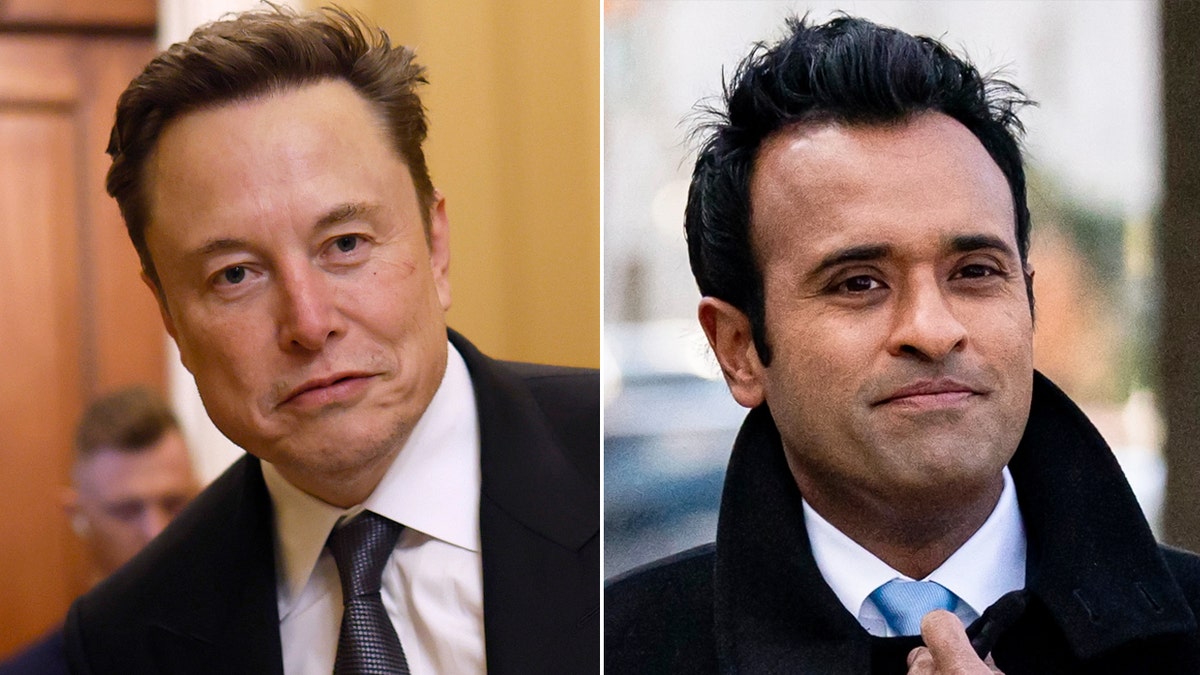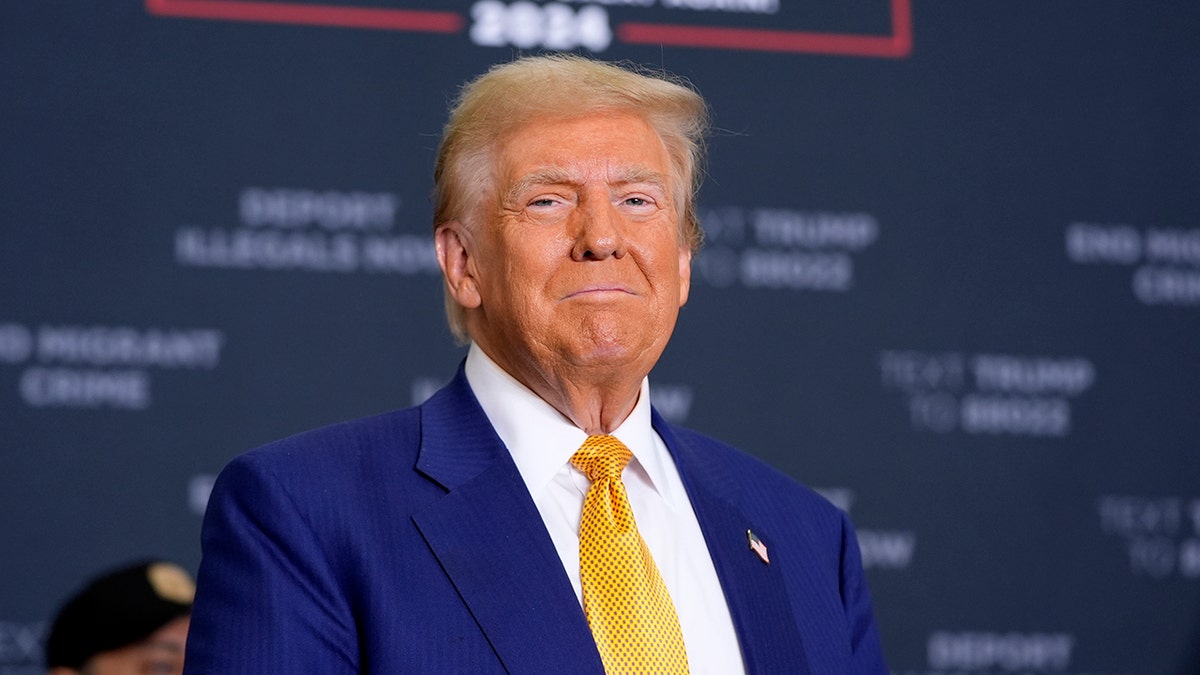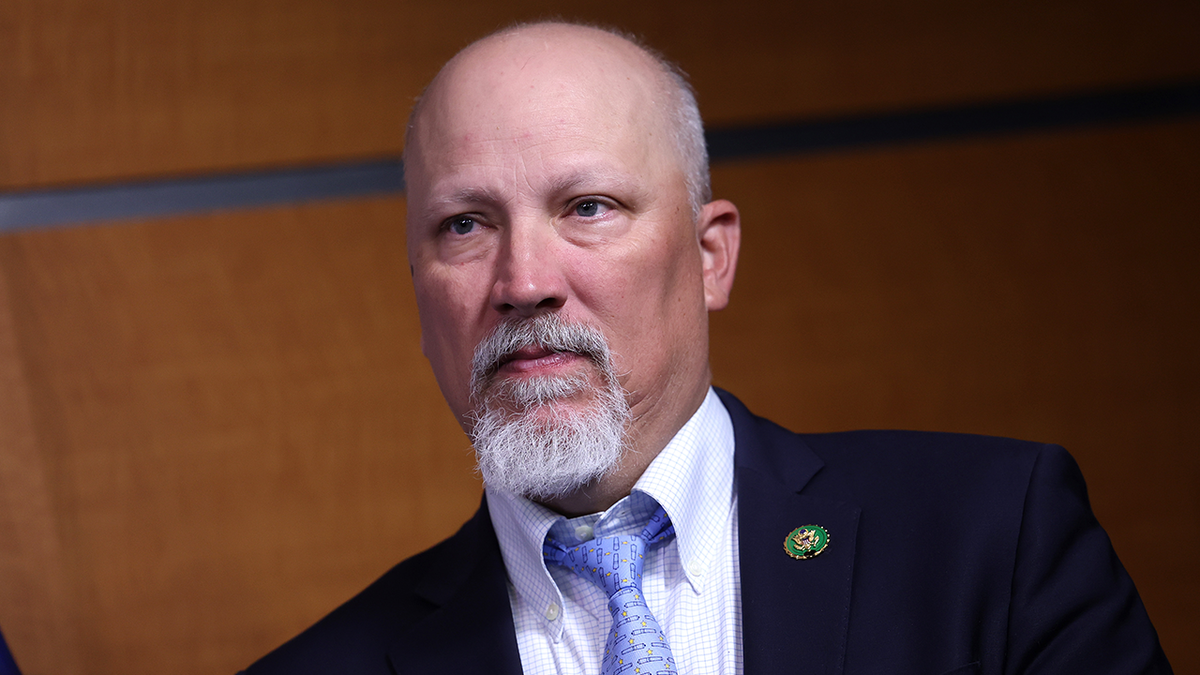A new initiative spearheaded by Elon Musk and Vivek Ramaswamy aims to drastically cut government spending, but faces significant hurdles in Congress. Dubbed "DOGE" (Department of Government Efficiency), the unofficial project seeks to trim the budget by trillions of dollars. While some Republicans have expressed high hopes, the narrow Republican majority in the House, coupled with Democratic skepticism towards Musk, presents a major challenge.

Congressional approval is necessary for any significant spending cuts, requiring votes that the slim Republican majority may struggle to secure. House Minority Leader Hakeem Jeffries has already signaled that Democrats will play a key role in any budgetary decisions. Further complicating matters is the departure of two Republican representatives, shrinking their already precarious majority.
Adding to the complexity are differing views on Musk himself. While some see him as a potential agent of change, others, like incoming House Progressive Caucus chairman Greg Casar, view him with distrust, labeling him a "self-serving plutocrat." This division further underscores the difficulty of achieving bipartisan support for DOGE's ambitious goals.

Historical precedent also suggests that achieving substantial, lasting spending cuts is a daunting task. Past initiatives, such as the Clinton-Gore "reinventing government" program and the Simpson-Bowles commission, achieved some initial success, but their long-term impact was limited. Furthermore, President-elect Trump's stated intention to leave entitlements like Social Security, Medicare, and Medicaid untouched removes a significant portion of the budget from consideration.

While some Republicans advocate for adjustments to entitlement programs, including raising the retirement age, such proposals are likely to face strong opposition. The significant portion of the budget allocated to defense spending, which Republicans aim to increase, further limits the areas where cuts could be made. Democrats argue that meaningful reductions cannot be achieved solely through increased government efficiency.
Ultimately, the success of DOGE hinges on navigating a complex political landscape and overcoming significant obstacles. The initiative's ability to garner bipartisan support, overcome historical precedent, and address the politically sensitive issue of entitlements will determine its ultimate impact on government spending.
Comments(0)
Top Comments